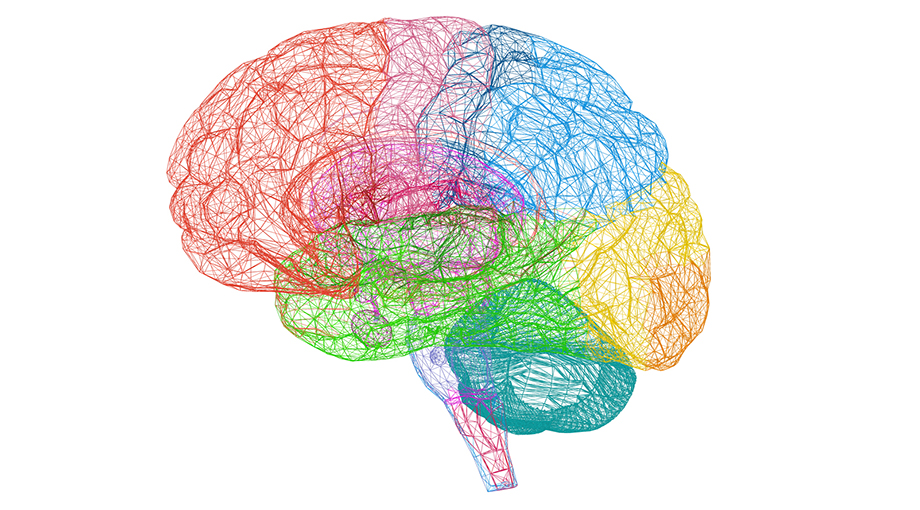Navigation auf uzh.ch
Navigation auf uzh.ch

With the five new University Research Priority Programs (URPP), UZH is fostering cross-disciplinary cooperation between researchers working in fields that are relevant to society. By linking up different academic disciplines, the URPP pave the way for a broader range of approaches and explanations. “With our URPP, we want to promote innovative research areas that are relevant for the future and help researchers break into new terrain,” says Beatrice Beck Schimmer, Vice President Medicine and member of the Executive Board of the University.
The latest series of URPP, which will kick off from 1 January 2021, represents the third generation of joint research projects at the University of Zurich.
A person’s standing in society is largely shaped by their demographic and economic background. Factors such as gender, religion, ethnic and geographical background or family wealth can result in significant inequality between different groups in the population. The URPP Equality of Opportunity, which is headed up by professor of economics David Dorn, aims to investigate the economic and societal changes that give rise to inequality. The researchers involved in the program will also analyze concrete legal frameworks and political measures that help to increase equal opportunities for all members of a society.
Procreation is no longer something that is left to chance, but is instead generally based on a deliberate choice. The URPP Human Reproduction Reloaded explores the decision to step into parenthood: the legal, medical and social requirements as well as the consequences this decision has for individuals, family members, our society and the economy. Led by professor of law Andrea Büchler, the URPP will examine historical, sociological, legal, medical and philosophical developments around human reproduction. A particular focus will be on recent reproductive medical procedures – for example, preimplantation genetic diagnosis, social egg freezing and the genome-editing technology CRISPR.
Some 400 million people around the world suffer from rare diseases. In Switzerland, rare diseases affect around 500,000 people, most of whom are children. These diseases often result in premature death or chronic disability. There is a great need for novel therapies as well as information campaigns to raise awareness among the public. The URPP ITINERARE: Innovative Therapies in Rare Diseases – Challenges and Opportunities aims to promote the development of new therapies to treat rare diseases. By involving researchers from the Faculty of Arts and Social Sciences, the Faculty of Law as well as the Faculty of Theology, the program also aims to create a network that can answer ethical, legal and pedagogic questions around the treatment of rare diseases. The URPP is headed up by immunologist Janine Reichenbach, physiologist Olivier Devuyst and metabolic diseases expert Matthias Baumgartner.
Theologian Thomas Schlag leads the URPP Digital Religion(s). Communication, Interaction and Transformation in the Digital Society together with an interdisciplinary team. The researchers will investigate how digitalization is changing the religious practices of individuals and institutions – for example, when it comes to mass, pastoral care, coping with grief and religious networks. Drawing on a variety of academic disciplines, the URPP will explore how religions can communicate and assert their claim to interpretation in matters of health, education as well as transhumanism and artificial intelligence.
When we learn, the neural networks in our brains change. The genetic, molecular and cellular processes on which learning is based, however, are not yet fully known. We also still know too little about how genetic changes may affect brain development and result in developmental delays and learning disorders. The URPP Adaptive Brain Circuits in Development and Learning aims to examine the development of neural networks and how they impact specific behaviors in different animal models and in humans. In this way, the team around developmental neurobiologist Esther Stoeckli and neuroscientist Fritjof Helmchen wants to gain new insights on what causes learning disorders in children and adults.